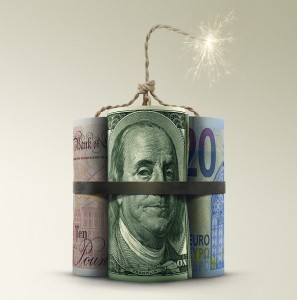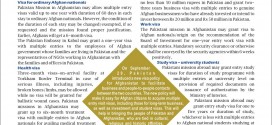Who Will Win the Twenty-First Century?
The first two decades of the twenty-first century have cast a long shadow over the Western world. We have come a long way since the turn of the century, when people everywhere, particularly in Europe, indulgently embraced the “end of history.” According to that illusory notion, the West’s victory in the Cold War had given rise to a global order for which there could be no alternatives. Thenceforth, it was thought, world history would march toward the universalization of Western-style democracy and the market economy. The new century would merely be a continuation of the previous one, with a triumphant West extending its dominion.
However, the world is wiser now. The web of alliances and institutions that sustained the West’s dominance is proving to be a product of the twentieth century and its future is now in doubt. The global order is undergoing a fundamental change, as its centre of gravity shifts from the North Atlantic to the Pacific and East Asia. China is on the threshold of becoming a world power – economically, technologically, and politically – and the sole challenger to the incumbent hegemon, the United States.
At the same time, the US is growing tired of its global leadership role. America’s abdication of leadership poses a threat to the very existence of the transatlantic West, which rests on a foundation of shared values and political institutions. In the absence of any reasonable alternatives, the structure is crumbling.
Russia, meanwhile, is confronting the future by looking to its twentieth-century past. Like the Soviet Union, it is placing its bets entirely on nuclear weapons. Yet in the twenty-first century, power will be determined not by one’s nuclear arsenal, but by a wider spectrum of technological capabilities based on digitization. Those who are not at the forefront of artificial intelligence (AI) and Big Data will inexorably become dependent on, and ultimately controlled by, other powers. Data and technological sovereignty, not nuclear warheads, will determine the global distribution of power and wealth in this century. And in open societies, the same factors will also decide the future of democracy.
As for Europe, the Old Continent entered the new century in anything but optimal form. Living under the cozy post-historical illusion of everlasting peace, the European Union failed to complete the project of integration. The implicit withdrawal of the US security guarantee under Trump has struck Europe like a bolt from the blue.
The same could be said for the digital revolution. The first phase of digitization – consumer-facing platforms – has been led almost entirely by the US and China. There are no competitive European platform firms to speak of, nor are there any European cloud-computing companies capable of keeping up with the behemoths in Silicon Valley and China.
The most important issue facing the new European Commission, then, is Europe’s lack of digital sovereignty. Europe’s command of AI, Big Data, and related technologies will determine its overall competitiveness in the twenty-first century. But Europeans must decide who will own the data needed to achieve digital sovereignty, and what conditions should govern its collection and use. These questions will determine the fate of democracy in Europe, and whether the Old Continent’s future will be one of prosperity or decline. As such, they must be decided at the European level, not by individual nation-states. Equally important, these questions must be answered now. Europe needs to get the digital ball rolling – or be run over by it.
Europeans should not harbor any illusions that the private sector will take care of things on its own. Europe’s competitive disadvantage calls for a fundamental change in strategy at the highest level. The EU institutions will have to lead on setting regulations and, together with the member states, on providing the necessary financing. But securing Europe’s digital sovereignty will require a much broader effort, involving businesses, researchers, and politicians.
 Jahangir's World Times First Comprehensive Magazine for students/teachers of competitive exams and general readers as well.
Jahangir's World Times First Comprehensive Magazine for students/teachers of competitive exams and general readers as well.



